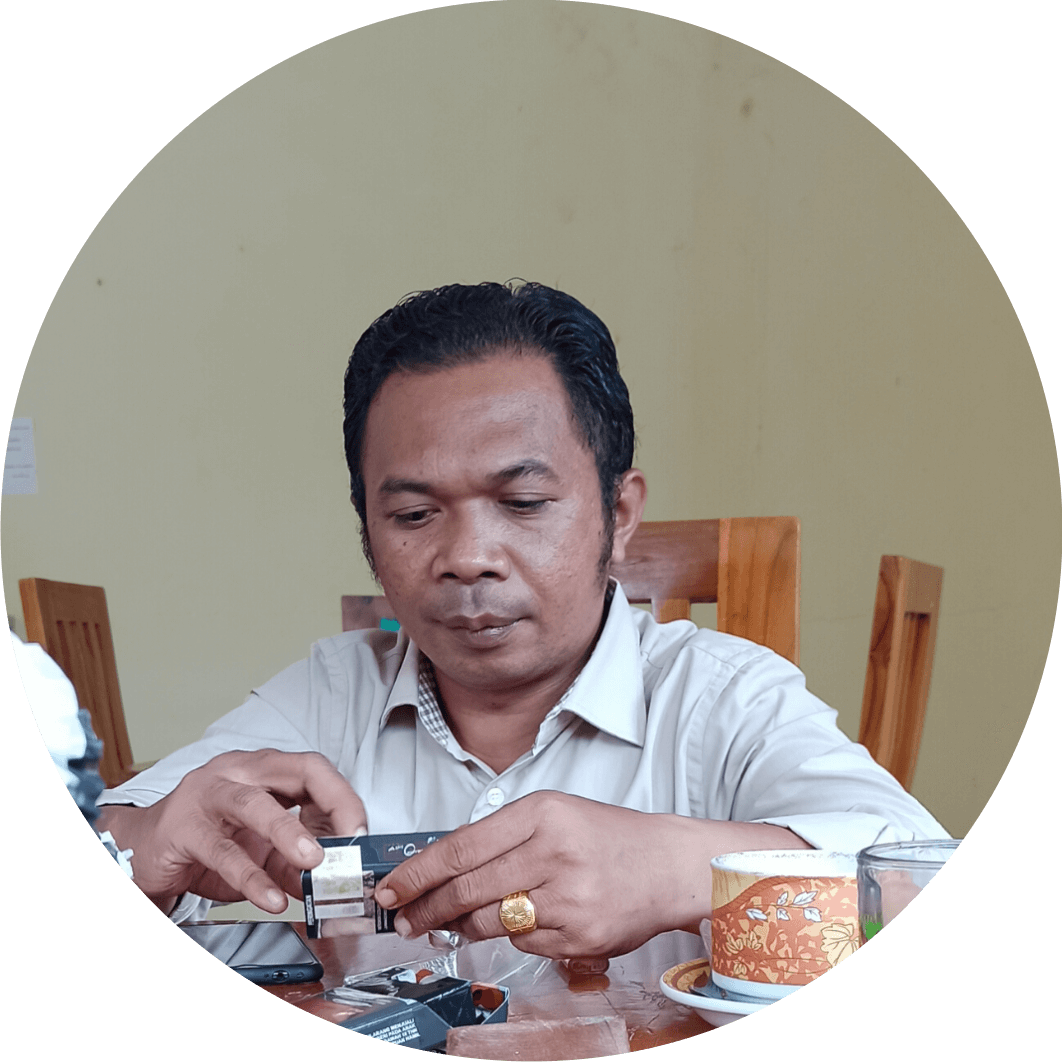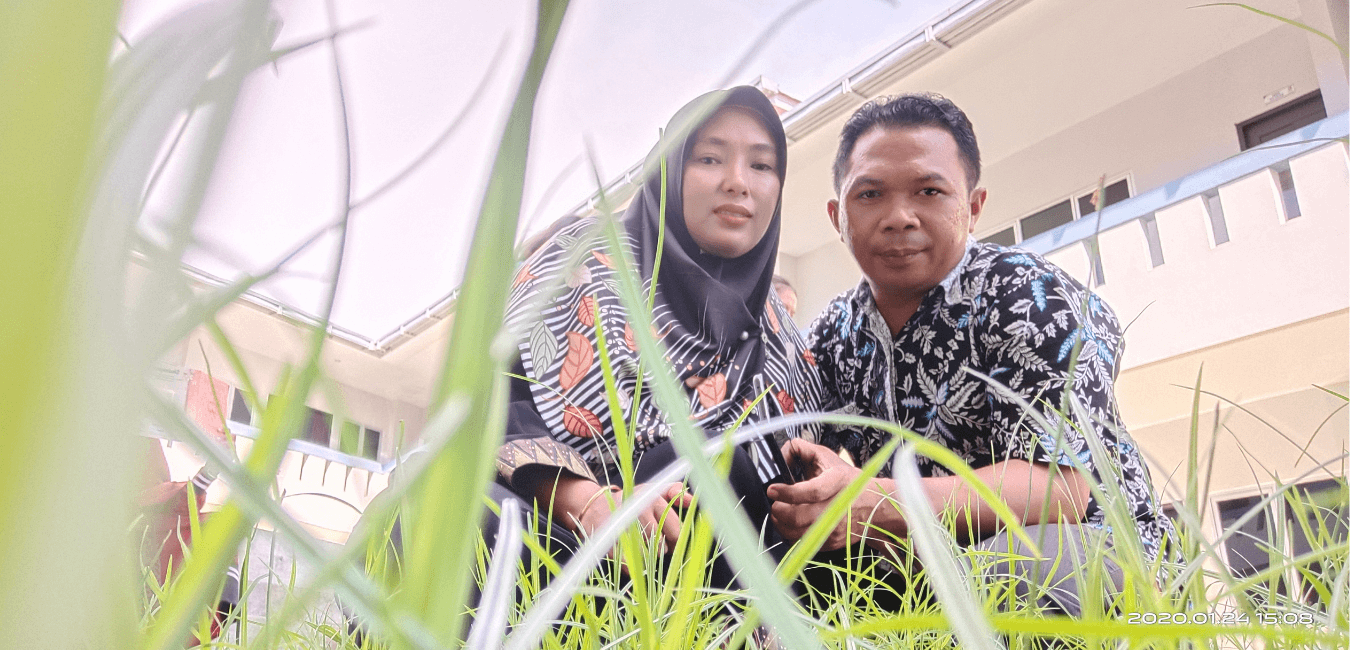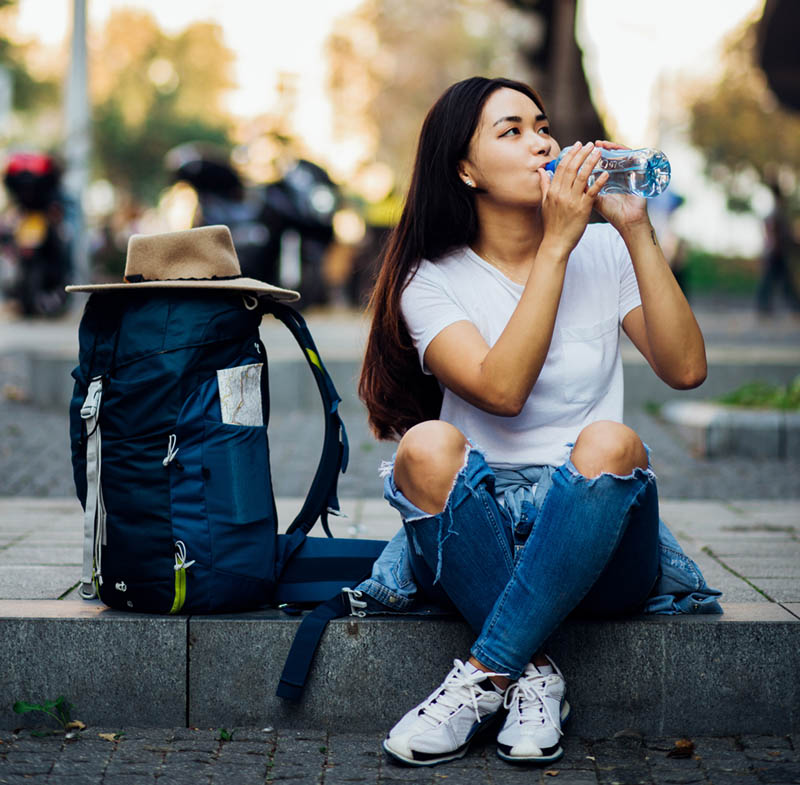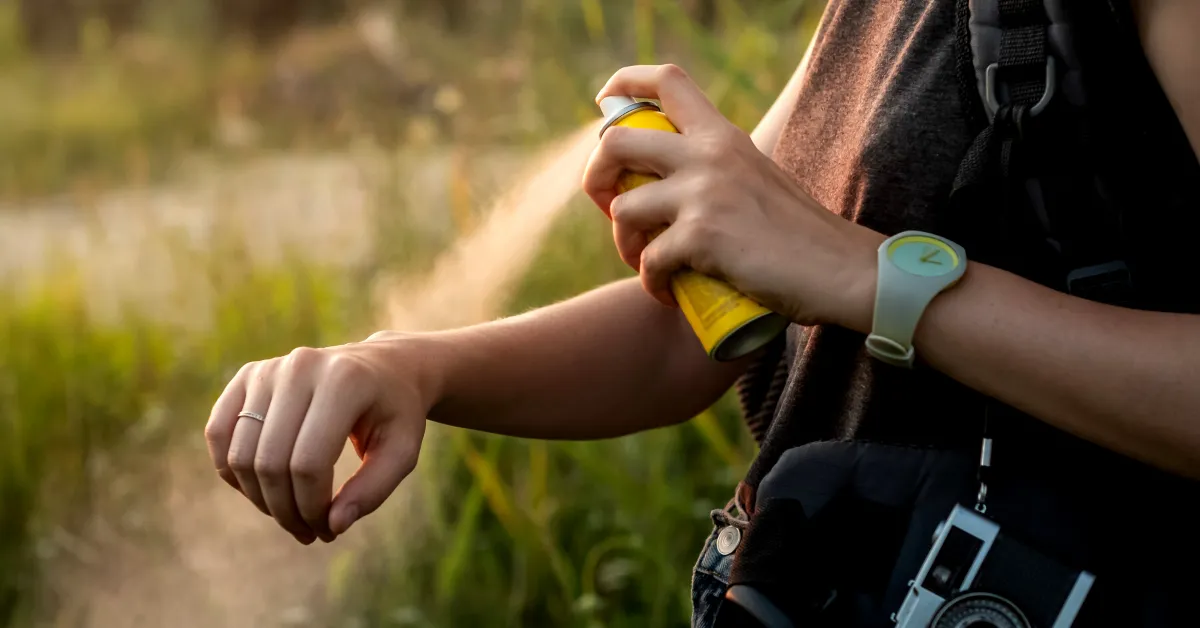The Importance of Travel Documents
Traveling to another country is an exciting experience that opens up new horizons and opportunities. However, it also comes with its own set of challenges, especially when it comes to ensuring your safety and legal status in a foreign land. One of the most critical aspects of international travel is having the right documentation. These documents serve as proof of your identity and origin, which are essential for entry into any country.
In Indonesia, for instance, a passport or a similar official identification document is required for all international travel. It’s not just about meeting the requirements; these documents also help authorities verify your background and ensure that you are not entering the country under false pretenses. Therefore, it’s crucial to carry both the original and digital copies of your documents. This practice ensures that you have backup options in case of loss, theft, or damage. Additionally, making multiple copies can prevent last-minute stress and complications during your journey.
Health Precautions for a Smooth Trip
While traveling, it’s easy to get caught up in the excitement of exploring new places and forget about basic health practices. However, maintaining good hygiene and taking preventive measures can go a long way in avoiding common travel-related illnesses. Here are some essential health tips to keep in mind:
1. Wash Hands Frequently
Handwashing is one of the simplest yet most effective ways to prevent the spread of germs. When traveling, especially in areas with poor sanitation, it’s important to wash your hands thoroughly before eating, after using the restroom, and after touching public surfaces. The process should take at least 35-40 seconds, ensuring that every part of your hands is cleaned properly.
Using hand sanitizer or disposable wipes is also a good alternative when soap and water are not available. This habit can significantly reduce the risk of contracting diseases like food poisoning or respiratory infections.
2. Drink Bottled Water
When visiting regions where the water supply may not be safe, it’s advisable to stick to bottled water. Tap water can contain harmful bacteria and parasites that can cause gastrointestinal issues. In addition, avoid consuming ice made from local water, as it can also be contaminated.
This precaution is particularly important in tropical countries where waterborne diseases are more prevalent. Always check the seal on the bottle to ensure it hasn’t been tampered with.
3. Avoid Contaminated Food and Drinks
Eating and drinking safely while traveling requires vigilance. Choose reputable restaurants and avoid street vendors unless they have a good reputation. Opt for cooked foods rather than raw or undercooked items, as they are less likely to be contaminated.
Fruits and vegetables should be washed thoroughly or peeled by yourself to avoid exposure to harmful chemicals or bacteria. Also, make sure that dairy products like milk and cheese are pasteurized and properly stored.
4. Protect Yourself from the Sun
Prolonged exposure to the sun can lead to sunburns, heatstroke, and dehydration. When traveling to sunny destinations, it’s essential to use sunscreen with a high SPF rating, wear a hat, and dress in loose, breathable clothing.
Carry a reusable water bottle and stay hydrated throughout the day, especially if you’re engaging in outdoor activities. Staying cool and protected from the sun can enhance your overall travel experience.
5. Prevent Mosquito Bites
Mosquitoes can transmit dangerous diseases such as malaria, dengue fever, and Zika virus. Before traveling, research the prevalence of these diseases in your destination. If necessary, consult a healthcare professional about preventive measures like vaccinations or antimalarial medications.
Use insect repellents containing DEET or other effective ingredients, and wear long-sleeved shirts and long pants to minimize exposed skin. Sleeping under a mosquito net can also provide additional protection, especially in rural or jungle areas.
Conclusion
Traveling to another country is an enriching experience, but it requires careful planning and preparation. From ensuring that you have all the necessary documents to maintaining good health habits, every step plays a role in making your trip safe and enjoyable. By following these essential tips, you can avoid many common pitfalls and make the most of your international adventure. Remember, the key to a successful trip lies in being well-informed and proactive in your preparations.











